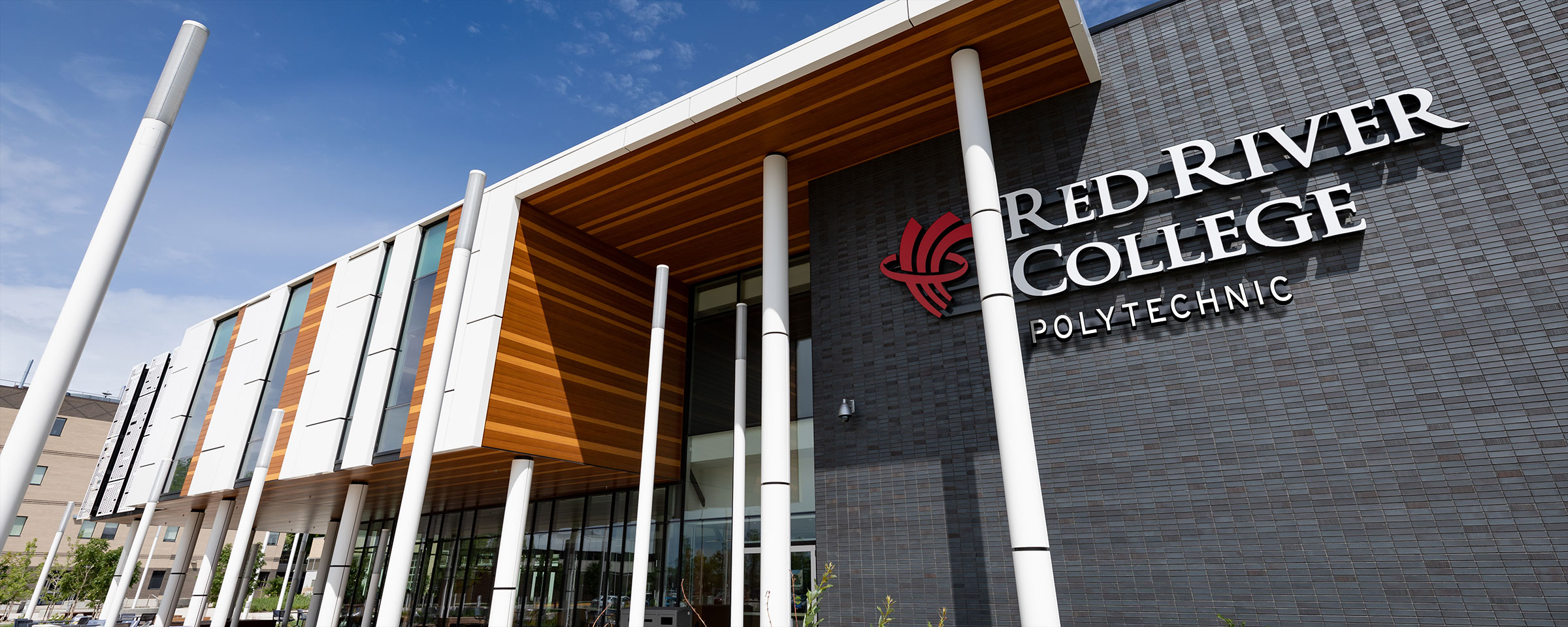RRC Polytech Launches $60M Campaign: In Front of What’s Ahead
| Winnipeg, Manitoba, on Treaty No. 1 Territory and the Homeland of the Métis Nation – Red River College Polytechnic (RRC Polytech) has officially launched the largest-ever campaign in the institution’s history. To mark Giving Tuesday – a global generosity movement aimed at giving back to the community – RRC Polytech is calling on all Manitobans to support the institution’s commitment to providing students, partners and communities with programs, spaces and supports that put them ahead of the competition. In Front of What’s Ahead is a $60M comprehensive campaign aligns with the College’s new five-year strategic plan and focuses on three priority areas of funding – informed through a broad stakeholder engagement process: Enhance student life ($10 million) To position RRC Polytech as a first-choice institution for learners Transform our spaces ($40 million) To keep pace with the rate of change of our businesses and societies Amplifying our impact ($10 million) To attract instructors and researchers in-tune with an ever-changing economy, and better support our partners. Meeting these priorities will better prepare RRC Polytech to embrace disruption to meet the needs of its students and community members today and in the years ahead. With this support, RRC Polytech’s students will have access to learning spaces and state-of-the-art equipment that prepare them today for the workforce of tomorrow. They will have more opportunities to work with and learn from industry leaders and mentors. Students will have access to new pathways and programs that reduce barriers and allow learners to receive the appropriate supports needed to succeed. “As Manitoba’s Polytechnic we have a responsibility to equip our students and partners with the skills, facilities, technology and pathways they need to get in front of a rapidly changing workforce,” said Fred Meier, RRC Polytech President and CEO. “For more than 80 years we have been anticipating the needs of industry and fulfilling the training gaps in communities across the province. As technology and the way we work continues to evolve, we’re asking all Manitobans to join us. Join us in creating opportunities for grads to contribute on day one, in creating access for entrepreneurs and businesses to bring their ideas to life, and in creating spaces for communities to flourish.” In Front of What’s Ahead embraces RRC Polytech’s bold new vision – one which positions Manitobans on the cusp of change for a better future. It strives to create accessible avenues for all learners – including those who are new to Canada and those who are original to these lands – to succeed in a dynamic, vibrant workforce; to upskill and uplift the existing workforce; and to innovate through collaboration. Prior to the campaign’s official launch the College acquired support from some of its strongest partners and is proud to begin the campaign with more than $13M raised towards the $60M goal. This includes gifts from: Jan and Maria den Oudsten, Bill and Shirley Loewen, RRC Students’ Association, Ford Motor Company Canada Ltd., Informanix Technology Group, Akman Construction Ltd., The Walter and Maria Schroeder Foundation, The Children’s Educational Foundation of Canada, The Gene Haas Foundation, Chartered Professional Accountants of Manitoba (CPA Manitoba), Manitoba Métis Federation Inc., Qualico Developments Canada Ltd., Magellan Aerospace, NFI Group Inc., M.D. Steele and many other valued supporters. “CPA Manitoba is proud to partner with RRC Polytech and support the In Front of What’s Ahead Campaign. Many of our employees are RRC Polytech graduates and we are consistently impressed with the level of knowledge, skills and professionalism they bring to the table. We stand behind the College’s new vision to create more opportunities for all Manitobans – including pathways to education for Indigenous learners and access to programs from any corner of the province. Directing our support to Manitou a bi Bii daziigae means we are helping to support the next generation of leaders in business, technology, social innovation and creative arts – and we’re excited to see them thrive,” said Geeta Tucker, President and CEO of CPA Manitoba. Support from CPA Manitoba has been directed to a Collaboration Workroom, on the second floor of Manitou a bi Bii daziigae. This space is designed for collaboration between students, meetings, individual study and video conferencing. More information about In Front of What’s Ahead can be found at rrc.ca/fundraising with additional details added as the campaign evolves over the next five years. |
